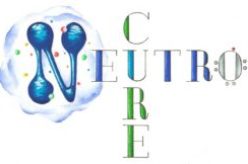Outline of the problem
Naturally occurring ROS act as signalling molecules, e.g. to stimulate growth of mammalian cells. This suggests that ROS can, in principle, be applied safely by exogenous agents (drugs) providing they are generated close to the target of interest (spatial control) and at the particular time (temporal control) and concentration.
The crucial hurdle in the development of ROS amplifiers is to achieve the precise control over their activation in vivo akin to that found naturally. Although a number of ROS modulating drugs exist, they are either non-specific or their target-specificity is limited. Therefore, their systemic application increases ROS concentration in all cell types causing massive oxidative stress, inflammation and damaging normal tissues.
